Filter by
Webinars
See all webinars
Past Webinars


Pearl is transforming the housing market by scoring, verifying, and certifying the performance of homes across the country.